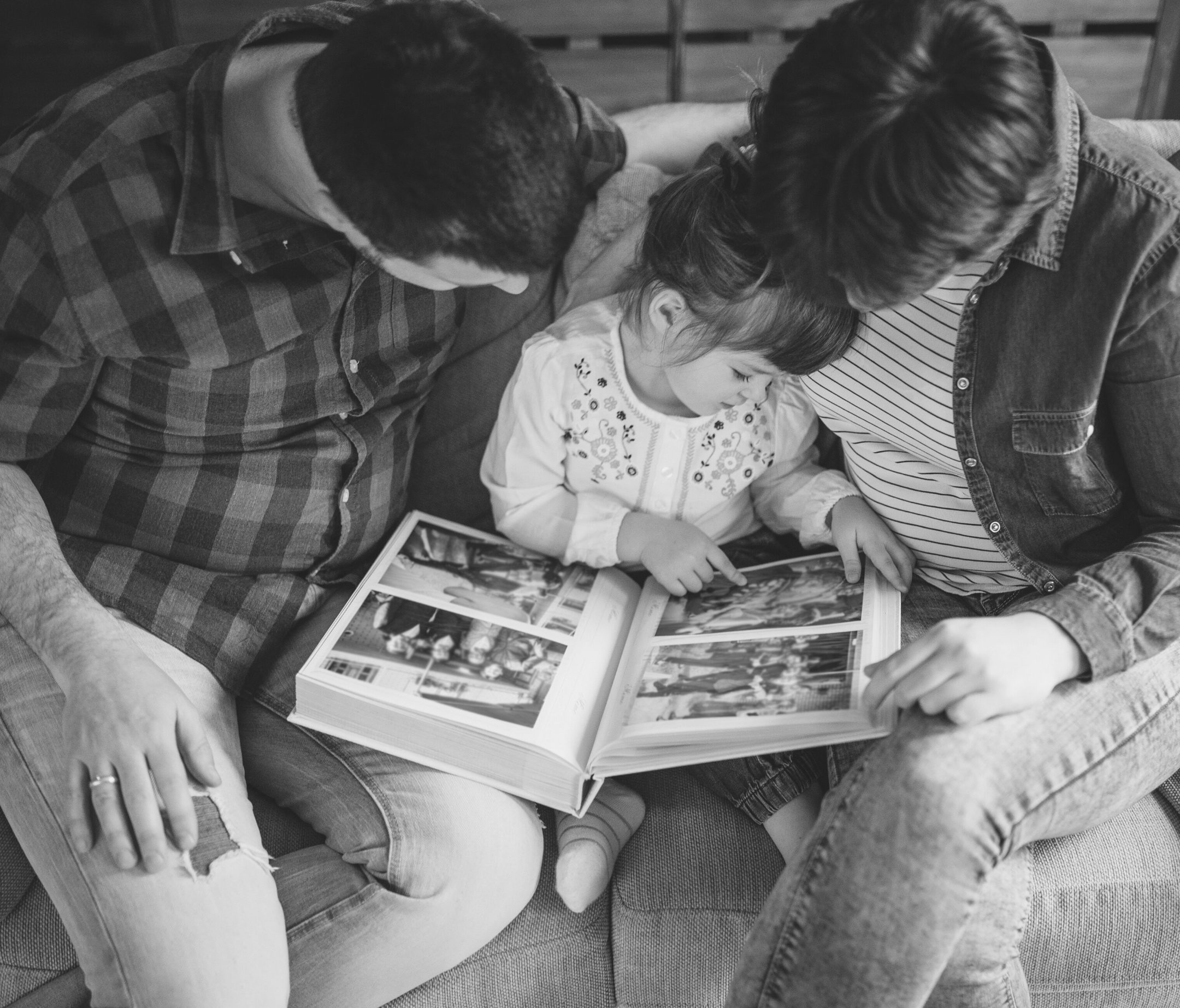 Start the Conversation
Start the Conversation
Not all cancer is genetic, but your family members may share genes, habits, and environments that could affect your risk of getting cancer. When it comes to young colon cancer (under age 50), almost half of all cases are linked to genetics!
Telling your healthcare provider about your family history can help you make the best plan for your preventative care. Update your doctor on your family history at your next check up!
Some questions to help start the conversation with your family about your cancer history:
-
- Who in our family has had cancer? What kind of cancer was it?
- How old were they when they were diagnosed?
- Are they still living? If not, at what age did they die and what caused their death?
Do you have a history of cancer in your family? Check out the tools below to learn how your genetics could affect your risk of colon cancer.
Myriad 30-Second Hereditary Cancer Quiz
Ambry Genetics Hereditary Questionnaire for Patients and Providers
Comprehensive Cancer Risk Assessment, City of Hope
Public Health Genomics Program: resources related to newborn screening, birth defects, genetic disorders, and the use of genomics in public health programs.
Is Genetic Testing Right for Your Family? 2 minute Quiz, Fight Colorectal Cancer
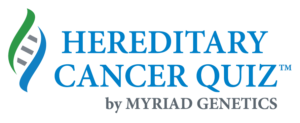

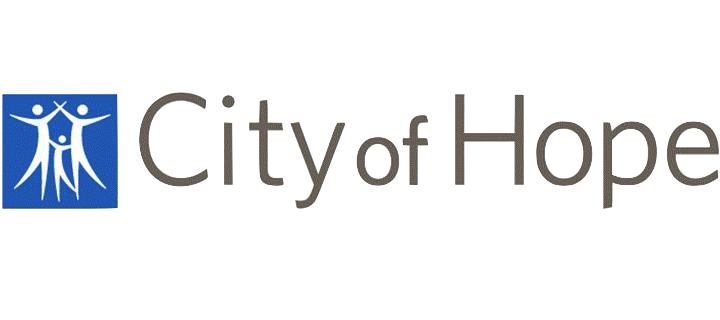
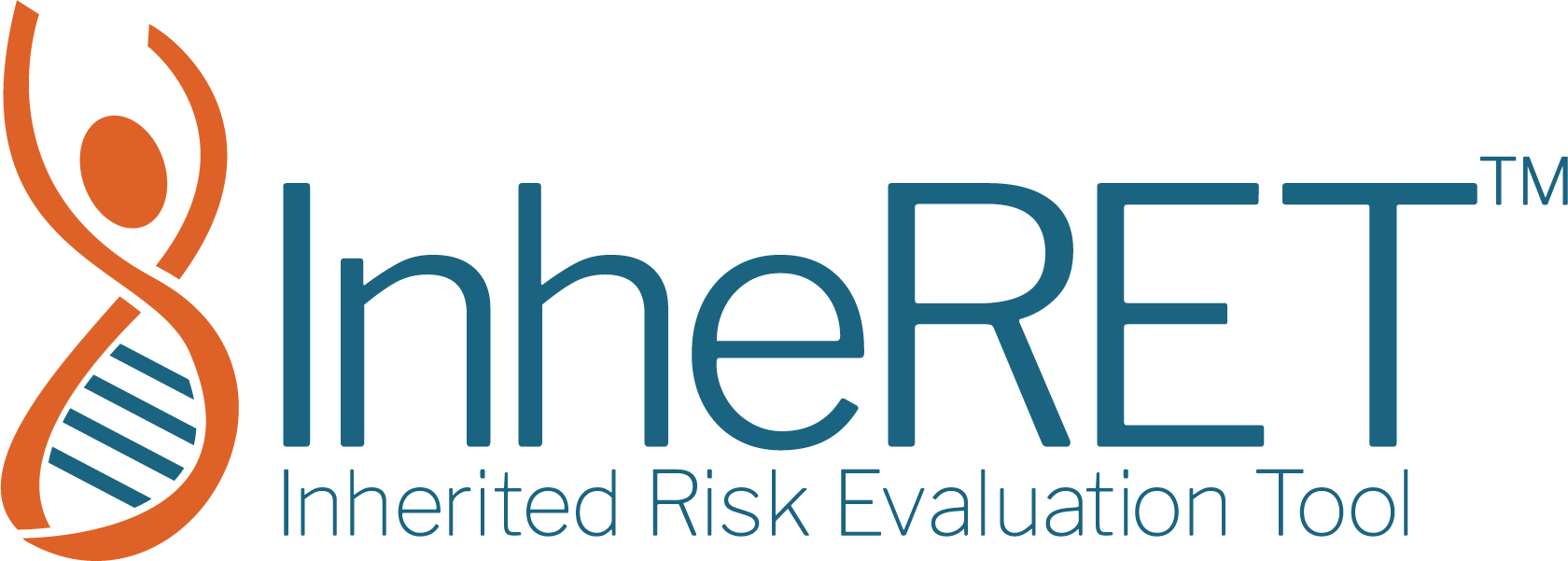
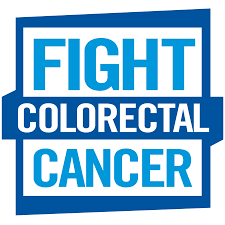
You must be logged in to post a comment.